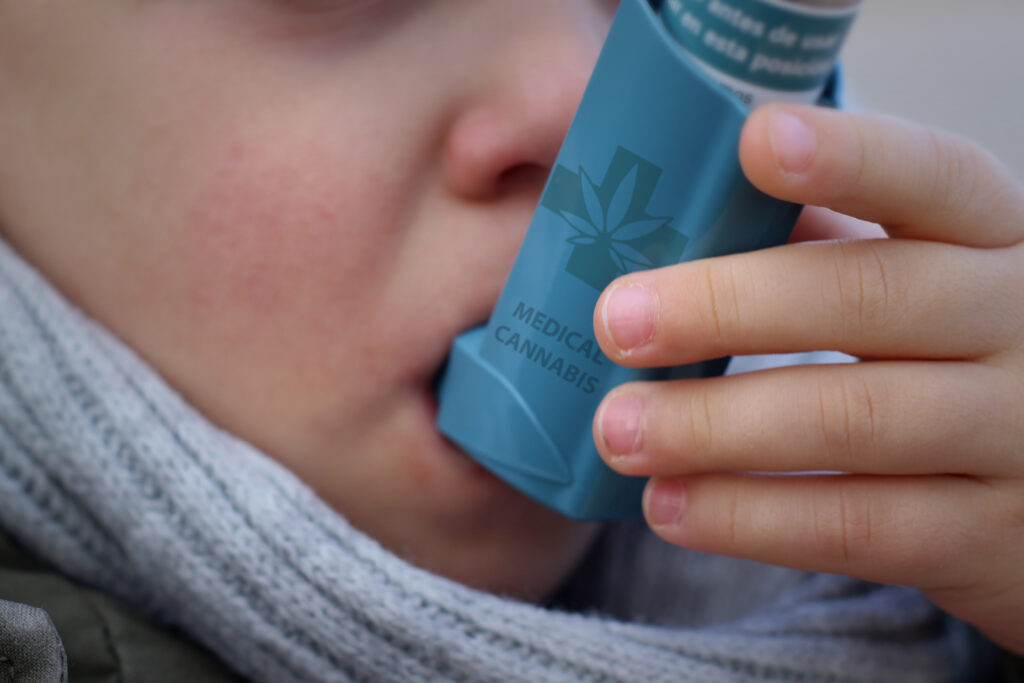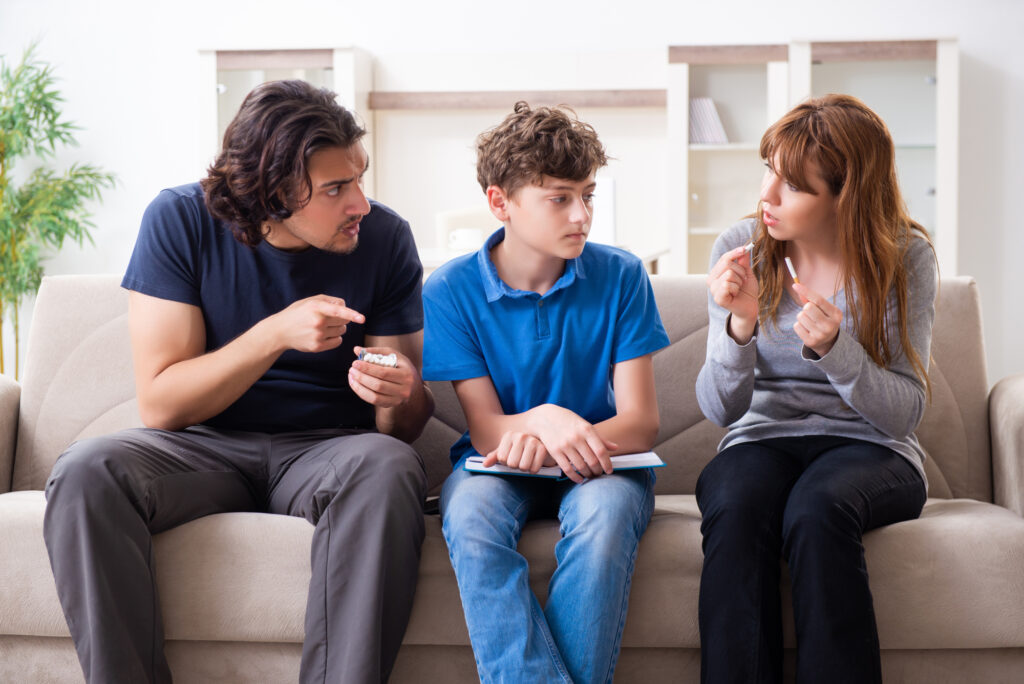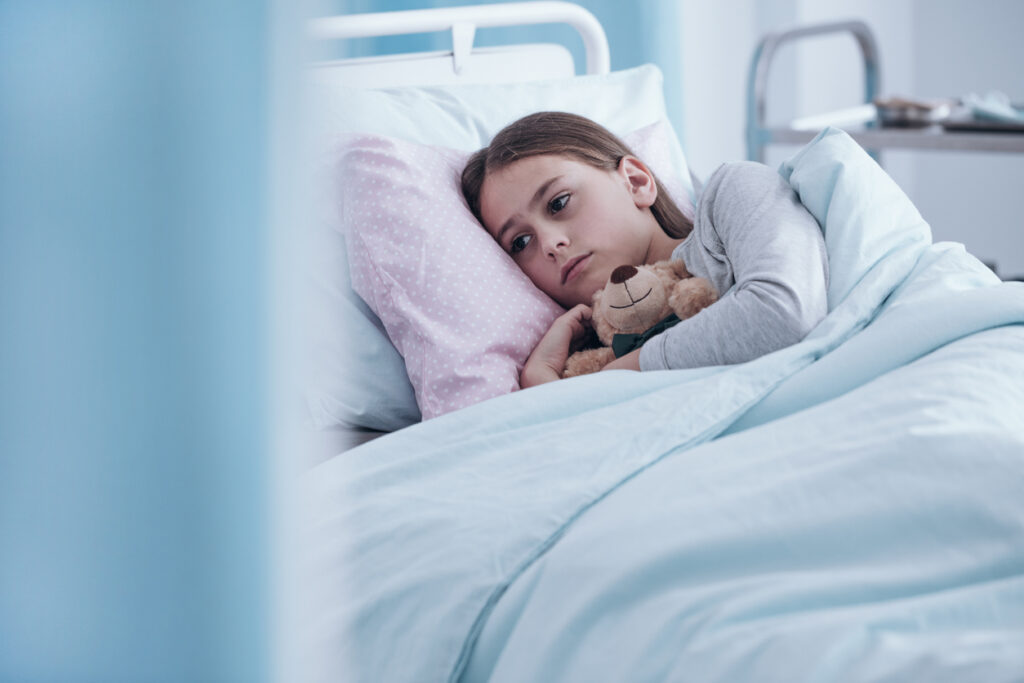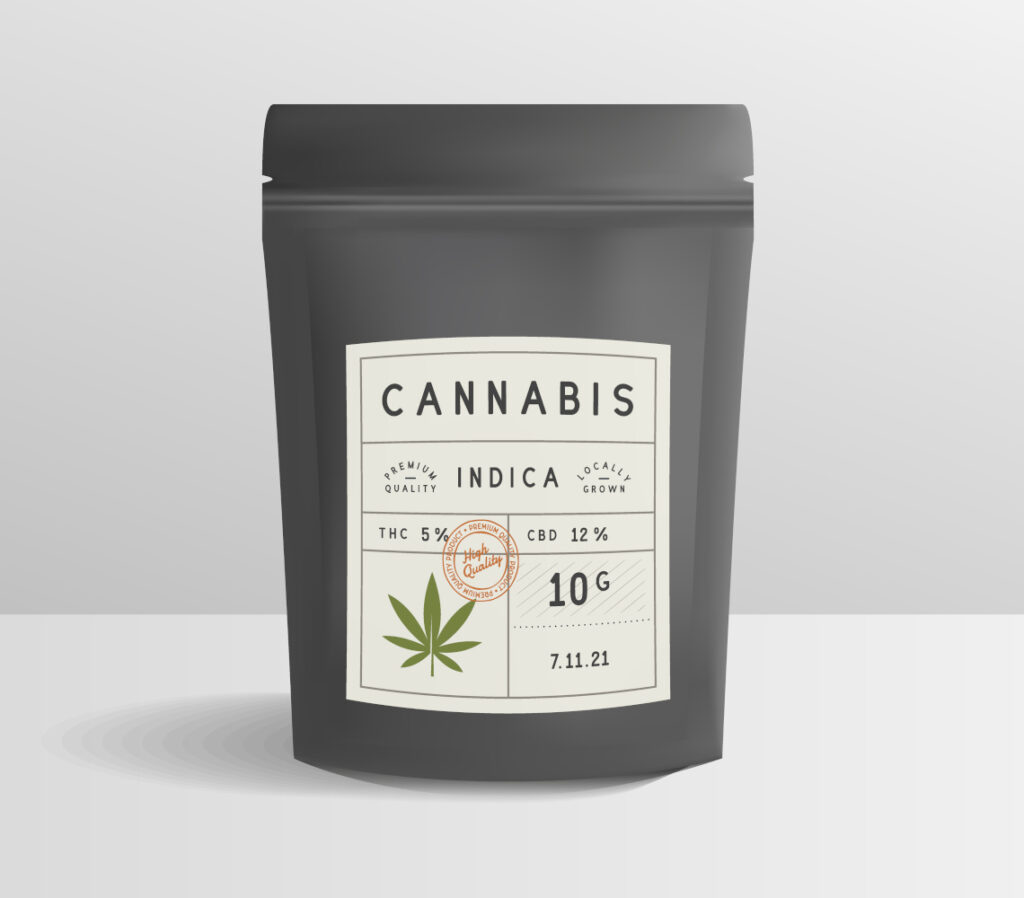Pediatric cannabis intoxication has become a serious public health issue in states where marijuana has been legalized. A substantial spike in emergency room visits and calls to poison control centers are an unintended consequence of the decriminalization of marijuana.
The Los Angeles Times reported that in 2017, California’s poison control centers received 588 calls regarding people under 19. More than 250 of those calls involved children ages five and under, and several were under 12 months.
The trend is similar across the nation. According to an article in U.S. News and World Report, calls to poison control centers more than doubled in Massachusetts after legalization. Maryland Poison Control reported a 30 percent spike in calls.
The effects of cannabis intoxication are usually mild to moderate and effects generally last six to 48 hours. Kids are usually evaluated, treated, and released, but some require more aggressive treatment or an overnight stay.
CBS News reported earlier this year that there has been a three-fold increase in emergency room visits related to cannabis use since legalization in 2014. As of yet, the long-term effects of pediatric cannabis intoxication haven’t been well studied, but initial research indicates the use of marijuana during adolescence can have significant negative long-term effects.

Understanding Cannabis Intoxication in Children
Cannabis intoxication occurs when a child accidentally ingests cannabis products, either through oral consumption, inhalation of secondhand smoke, or exposure to cannabis-infused products. Children are particularly vulnerable to the effects of cannabis because of their smaller body size and developing brains. Tetrahydrocannabinol, more commonly known as THC, is the psychoactive compound in cannabis, and it can have a profound impact on a child’s cognitive and neurological development. It can also lead to cannabis intoxication symptoms like dizziness, confusion, lethargy, and in severe cases, respiratory depression or coma.
What Happens If A Kid Accidentally Eats an Edible?
Pediatric cannabis intoxication can occur when children inhale marijuana smoke. However, most problems happen when kids accidentally consume cannabis in edible form.
Young children have no way of knowing treats that look like candy may contain THC.
The risks of edibles are substantial because many edible products have a very high THC content, sometimes several times higher than the safe recommended dose for normal-sized adults.
Maryland Poison Control says that a single cookie may contain up to 100 mg of THC, although the recommended dose for adults is only 10 to 30 mg. To complicate matters further, the number of servings isn’t always clearly marked. Although this uncertainty is confusing for adults, it is especially dangerous for small children.
In some cases, cannabis product packaging intentionally mimics popular and familiar candy bars, often with a similar name.
It’s also important to be aware that edible products affect the body differently than marijuana ingested by other means. For instance, edibles take time to digest, and the effects aren’t felt for 30 to 60 minutes.

Cannabis Intoxication Symptoms in Children
If you notice any of the following symptoms, call the nationwide poison control hotline immediately at 1-800-222-1222. If symptoms are severe, call 911 or take your child to the nearest emergency room. These symptoms of cannabis intoxication in children are important to pay attention to:
- Difficulty walking or sitting up
- Difficulty breathing
- Lethargy
- Muscle weakness
- Unusual sleepiness
- Agitation
- Panic and anxiety
- Euphoria
- Nausea and vomiting
- Confusion
- Loss of coordination
- Headache
- Rapid heartbeat
- Tremors
- Slurred speech
- Hallucinations
- Seizures
- Dilated pupils
The Risks and Consequences of Cannabis Intoxication in Children
In addition to the acute effects mentioned above, long-term consequences can include impaired memory, attention, and executive function. Not only that, but cannabis intoxication can increase the risk of accidental injuries, especially in young children who may be more prone to accidents while under the influence. Additionally, there is concern about the potential for cannabis poisoning, particularly if a child ingests a large amount of THC-infused products. Overall, it’s crucial that children not be exposed to marijuana in any form to avoid these risks.

Preventing Accidental Ingestion by Young Children
Whether used for medical or recreational purposes, adults with children – or who may be visited by children – who use any form of cannabis should treat it like a medication that has significant health risks if ingested by children.
Here’s a list of ways to keep cannabis away from children:
- Talk to your kids about marijuana, especially edibles. Instruct them that they should never eat anything without asking permission first.
- Set an example. Never use edibles or other marijuana products in front of your kids.
- Talk to other people who spend time with your child, including family members, caregivers, or friends. Ask them to store cannabis products safely and securely. Request that they never use marijuana products when caring for your child, and never in front of your child.
- Store all marijuana products in a locked cabinet. Treat edibles like you would treat medicine or any other substance that may be toxic for children.
- Don’t remove edibles from the child-resistant packaging. Keep the package securely sealed.
- Many states require an easily recognizable product symbol such as a marijuana leaf, exclamation point, and/or the letters “THC,” in black or bright red print. Teach your children not to use anything with the symbol on the label.

Advocate for Safe Packaging in Your State
Several states already require labels to be child-resistant, including Colorado, Oregon, Washington, and Alaska. It’s a good idea to check the regulations in your state.
If you’re concerned about packaging and your state is considering the legalization of marijuana or has already legalized it, contact your legislators and make your voice heard. Ask them to ensure that packages are child-resistant, resealable, and opaque even when opened, and request that packages be clearly marked and that cannabis edibles are limited to single servings. Smaller packages minimize the risk of life-threatening results if your child gets into the package. Colorado, for example, has established a rule that the standard size for one edible serving is a maximum of 10 mg.
Finally, urge them to require that edibles shouldn’t look like candy, desserts, soda, or other familiar sweet treats that kids love.
For free, expert advice, call the 24/7/365 National Poison Control Hotline at 1-800-222-1222.
Frequently Asked Questions About Cannabis Intoxication in Children
What is cannabis intoxication in children?
Cannabis intoxication in children occurs when a child accidentally consumes cannabis or is exposed to its effects, leading to symptoms such as dizziness, confusion, lethargy, and in severe cases, respiratory depression or coma.
How do children typically ingest cannabis?
Typically, children ingest cannabis by accidentally eating an edible, but they can also ingest cannabis through the inhalation of secondhand smoke or exposure to other cannabis-infused products.
What are the risks associated with cannabis intoxication in children?
The risks of cannabis intoxication in children include acute symptoms such as impaired coordination and cognitive function, as well as long-term consequences like impaired memory, attention, and executive function. In severe cases, cannabis intoxication can lead to respiratory depression or coma.
What should I do if I suspect my child has ingested cannabis?
If you suspect your child has ingested cannabis, seek medical attention immediately. Be prepared to provide information about the type and amount of cannabis ingested, as well as any symptoms your child is experiencing. You can call the nationwide poison control hotline at 1-800-222-1222, or in case of emergency, dial 911.
What are the potential long-term effects of cannabis intoxication on children?
In the long term, cannabis intoxication can impair a child’s memory, attention, and executive function. It can also increase their risk of mental health issues later in life. It’s crucial to minimize children’s exposure to cannabis to prevent these long-term consequences.
Is cannabis poisoning possible in children?
Yes, cannabis poisoning is possible in children, particularly if a child ingests a large amount of THC-infused products. Symptoms of cannabis poisoning can include severe drowsiness, difficulty breathing, and even loss of consciousness. Immediate medical attention is necessary in cases of suspected cannabis poisoning. Remember, call the nationwide poison control hotline at 1-800-222-1222, or in case of emergency, dial 911.
Are there legal consequences for adults whose children ingest cannabis accidentally?
In some jurisdictions, adults may face legal consequences if their children accidentally ingest cannabis due to negligence or failure to store cannabis products safely. It’s important for adults to be aware of their legal obligations and take appropriate precautions to prevent accidental ingestion.
Where can I find more information about cannabis intoxication in children?
For more information about cannabis intoxication in children, consult with healthcare professionals, pediatricians, or local public health authorities. Additionally, reputable online resources and educational materials may provide valuable information on this topic.
